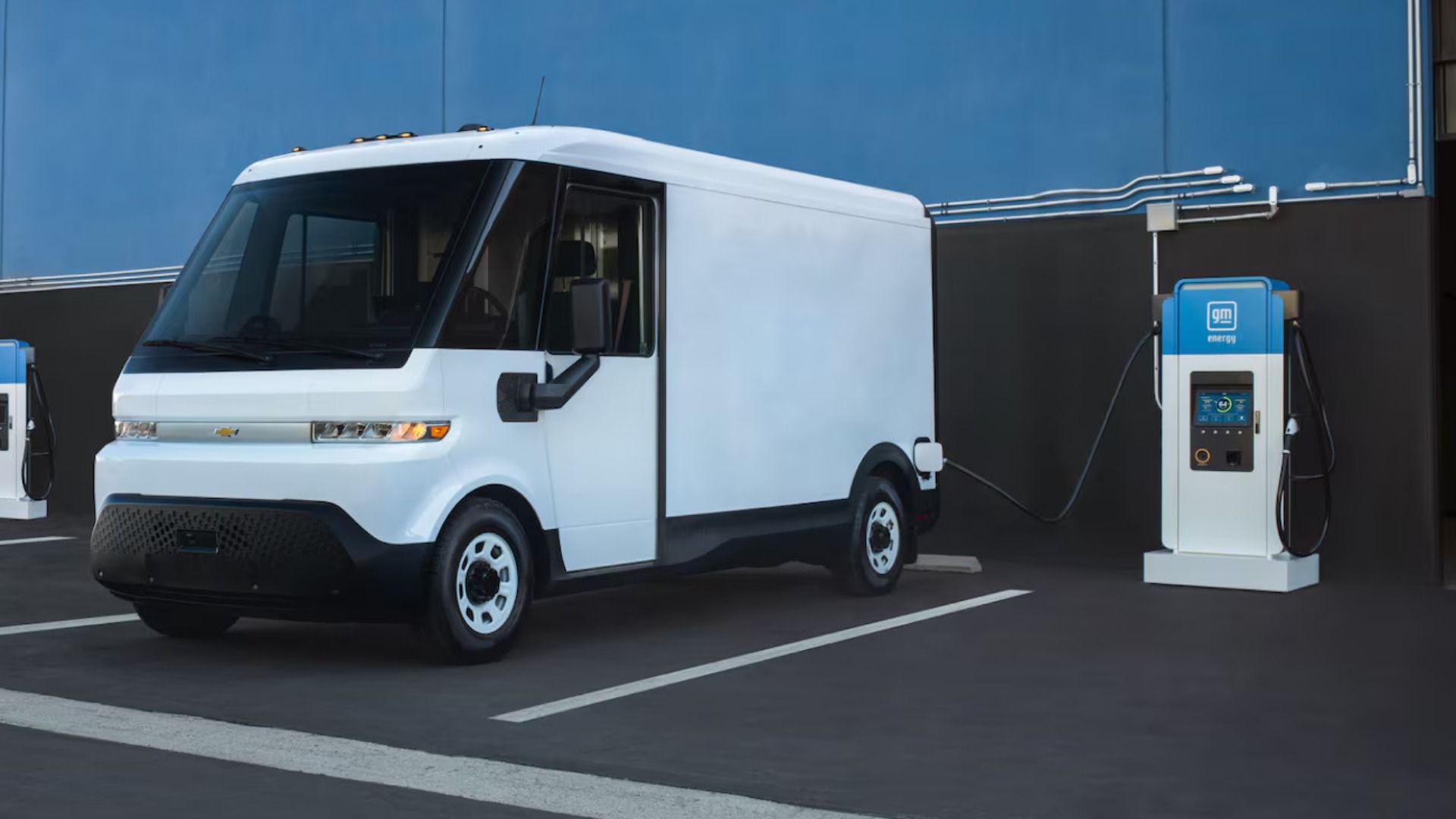Car Audio Amplifier Basic Install Guide
The longer you’re into car audio the more chances you will have to install the components yourself. In this basic guide, I’ll tell you certain tools and components you will need to install a car audio amplifier.
Amplifiers can be a little bit tricky to install. They require removal of internal panels and also the running of wires from the front of the car to the rear or wherever the car audio amplifier will be mounted.
After purchasing you car audio amplifier you will need to purchase an amp wiring kit. These kits usually contain:
* A power wire (big red wire)
* Inline fuse holder
* set of RCA’s
* a long thin wire (mostly in blue color) called a remote
* some speaker wire and various wire connectors and wire loom
These kits also come in various sizes or gauges, with the most common being 8 gauge and 4 gauge kits. The smaller the number means the bigger the wire. 4 gauge kits will be plenty to handle up to roughly 600-1200 watt amplifiers.
Once you have got the car audio amplifier and amp wiring kit now its time to take a look under your hood and locate your battery. Once you have located the battery it’s best to unhook the battery during installation so that you don’t short anything out while working. Look around the firewall area on the side where your battery is located and check for any type of hole that would lead into the inside of your vehicle where you could run your power wire through. If you cannot find an easily accessible hole then you may have to drill one yourself. If you do have to drill one yourself it’s best to make a small hole at first so that you don’t damage any wires in the area. Gradually make the hole bigger with some type of step bit. Once the hole is made use rubber grommets to make sure the hole is sealed and that the metal edges don’t cut your power wire.
Now that the power wire is routed though the firewall it’s time to start to remove the internal panels for wire installation throughout your vehicle. During this process you will run 3 wires to the location of the car amplifier. Generally the amp will be in the trunk/hatch area. The first wire will be a red wire (which is the power wire you ran from the battery of the vehicle). The next will be a set of RCA’s, and the final wire will be the thin blue wire we call a remote. In some kits the remote wire can be built into the RCA’s. The RCA’s are what sends the sound or signal to the amplifier and then is amplified through the speakers. One rule I generally use when running the wires is to separate the power and RCA’s by running the power wire down one side and the RCA’s down the other. If not done correctly there is a chance that you could generate some engine noise from within your speakers. The RCA’s will plug into the output on the back of the radio, some CD players there will be a ‘subwoofer out’ set of RCA jacks that will give you more control over sound quality. The next is the remote wire (usually the blue thin wire) this is the wire that sends the amplifier the signal to power on when the radio is powered on. This wire hooks into the remote wire on the back of the CD player. Don’t worry about the wires being too long during this phase of the process, they can easily be trimmed once you find were you want the amplifier to sit.
Once you have the wires run you can set your box and amplifier were it will eventually be permanently installed to give yourself a reference on how much wire will need to be trimmed. You will also be able to establish where your ground will go at this time; generally a body ground somewhere within one foot of your amplifier will be sufficient. Once you have located a suitable place use a little sandpaper to clear the area of any paint so you will have a solid connection to the vehicle body. Now you can connect all the wires to the amplifier and subs and hide any excess wire to make your install look more professional.
The final phase is to connect the power wire to your battery and install the inline fuse protector. With everything completed time to turn your system on and make all your adjustments to the levels you see fit for the type of sound quality that you desire.








